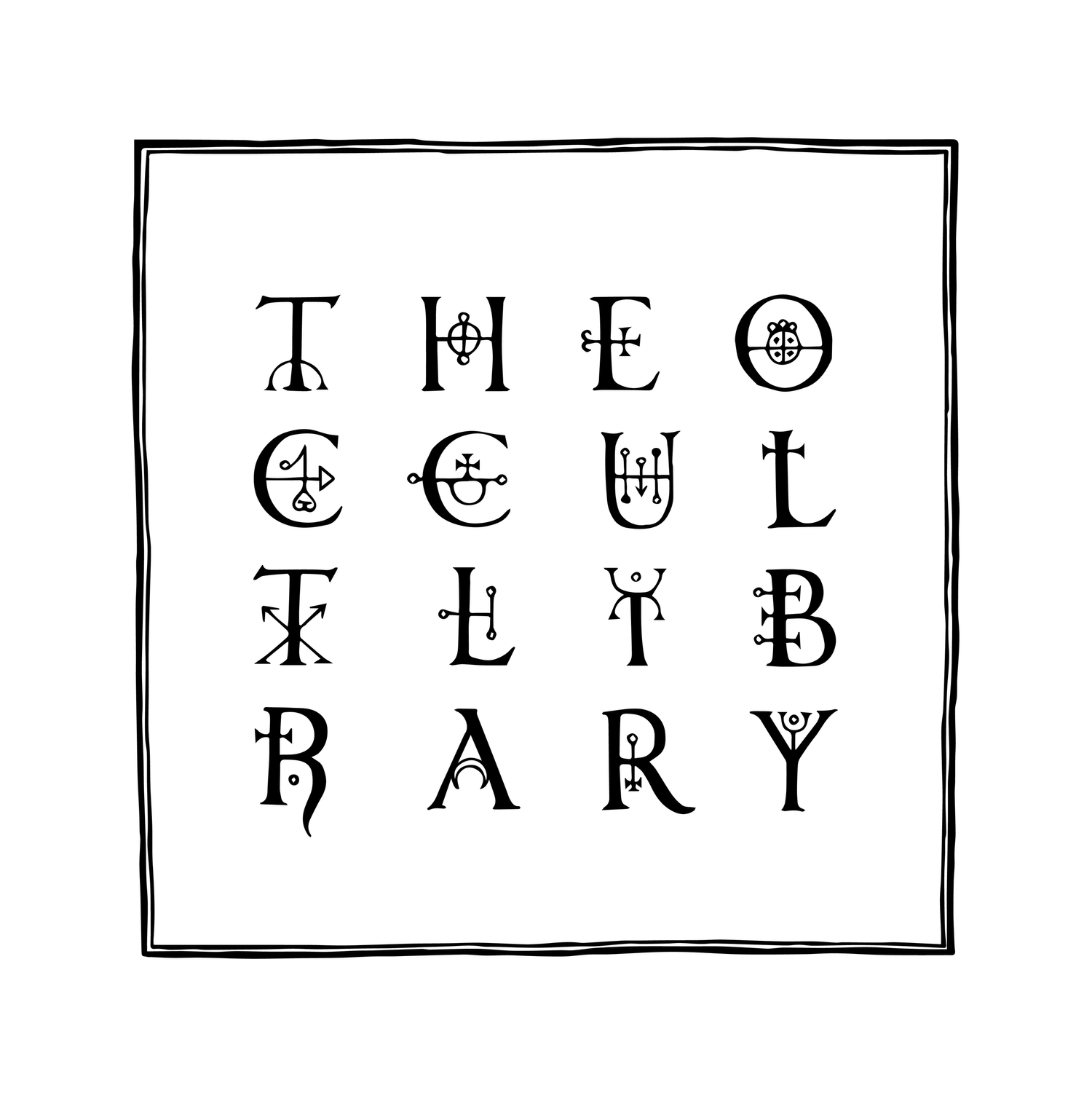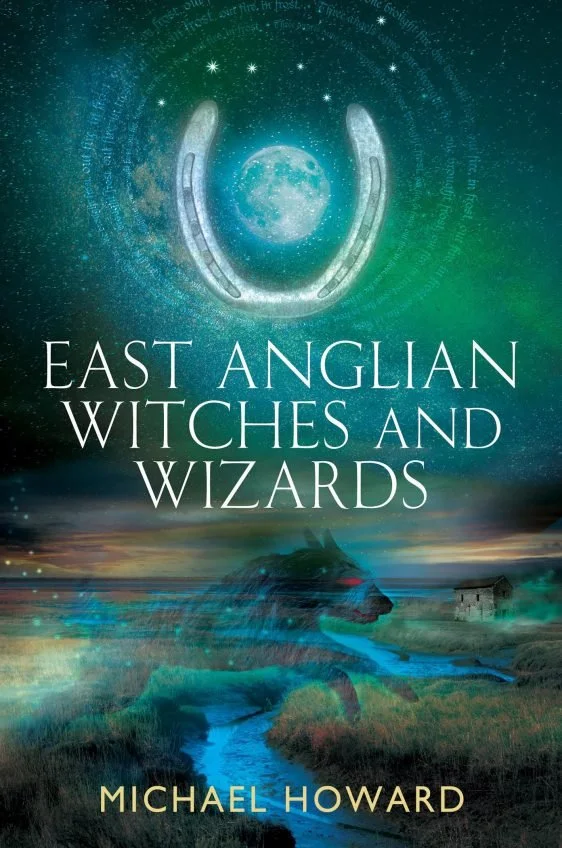East Anglian Witches and Wizards
Witchcraft in the British Isles: Volume 4
In 1643 several men and women appeared in court at Chelmsford, Essex, charged with practicing the curious combination of ‘conjuration, magic and lechery’. The chief witness was a servant woman, Martha Hurrell, who claimed that she and a group of other people met regularly in various country houses to practice magic, together with a ‘conjuror’ or summoner of spirits described as a man ‘in black apparel with brown hair and a blackish beard.’ She was carried into the hall where the conjuror and other men ‘had the use of her body.’ The man in black ‘took up their coats’ and the women lay on top of him, saying afterwards that ‘he did them some good’. Hurrell also described how the group conjured up spirits by drawing a circle on the floor in their master’s hall and burning three candles, after which the group feasted and danced to the music of a fiddler. These rites, according to Hurrell, were ‘all of high and low order mingled together.’
As much as it was a place of witchcraft, East Anglia also produced some of the more outspoken writers and authorities on ‘The Damned Art’. The sixteenth century Essex lawyer William Smith described the figure of the witch as ‘being deluded by a league made with the Devil through his persuasion and juggling and who thinkest she can design what manner of things so ever…’ This ‘manner of things’ according to Smith included the raising of storms to destroy crops and fruit trees and to be carried to another place by her familiar spirit who took animal form as a pig, calf or goat. Once at this ‘another place’ Smith said the witch spent the night hours ‘playing, sporting, banqueting, dalliance and diverse other devilish lusts and lewd disports…’ This was a reference to the so-called Witches Sabbath, a ritual more usually found in European accounts of witchcraft.
In his fourth book in the Witchcraft of the British Isles series, Michael Howard examines the Craft of East Anglia, one of the richest areas of historical witchcraft and folk magic in England. From the private witch of William the Conqueror to the cunning men and women of the marshes and fens, to the Toad-witches and the appalling deeds of the witch-finders, the book is a trove of historical information on the actual folk magical practices of East Anglia. Also examined are the spirits of locality, such as Old Shuck, the spectral black dog known to haunt country lanes, and a special chapter on Imps and Familiars.
Trade Paperback Edition
Limited to 2,000 copies
Hardcover Edition
Limited to 750 copies
Special Edition
Deluxe full leather. Limited to 33 copies

